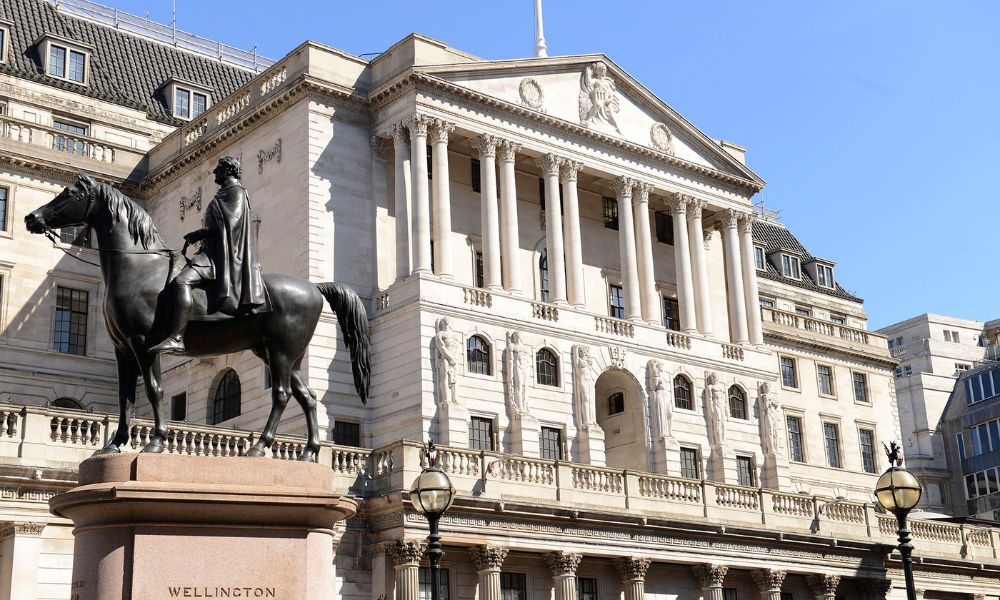
Interest rates are one of the most important economic variables in the United Kingdom. They affect the cost of borrowing and lending money, which can have a significant impact on businesses, consumers, and the overall economy. The Bank of England is responsible for setting interest rates, and it does so through its Monetary Policy Committee (MPC).
The MPC meets eight times a year to discuss the state of the economy and to decide whether to raise, lower, or keep interest rates unchanged. The MPC's primary goal is to keep inflation low and stable. Inflation is the rate at which prices are rising, and the MPC targets an inflation rate of 2%.
|
Are you a Tax Lawyer in USA? |
The MPC considers a range of economic factors when setting interest rates, including inflation, economic growth, and employment. It also takes into account the potential impact of interest rate changes on different sectors of the economy, such as households, businesses, and the financial system.
The Bank of England's decision to set interest rates is one of the most important economic decisions made in the UK. It is a complex task, but the MPC has a good track record of setting interest rates in a way that promotes sustained economic growth and low inflation.
In this blog post, we will discuss how the Bank of England sets interest rates, the challenges involved, and the impact of interest rate changes on the economy.
The Bank of England sets interest rates eight times a year. It does this through its Monetary Policy Committee (MPC), which is made up of nine members. The MPC meets to discuss the state of the economy and to decide whether to raise, lower, or keep interest rates unchanged.
The MPC's primary goal is to keep inflation low and stable. Inflation is the rate at which prices are rising. The MPC targets an inflation rate of 2%. If inflation is too high, it can erode people's savings and make it difficult for businesses to plan for the future. If inflation is too low, it can lead to deflation, which can also damage the economy.
When setting interest rates, the MPC considers a range of economic factors, including:
Once the MPC has considered all of these factors, it votes on whether to raise, lower, or keep interest rates unchanged. A majority vote is required to change interest rates.
Changes in interest rates can have a significant impact on the economy. When interest rates are raised, it becomes more expensive to borrow money. This can lead to a decrease in investment and spending, which can slow down the economy.
When interest rates are lowered, it becomes cheaper to borrow money. This can lead to an increase in investment and spending, which can boost the economy.
Setting interest rates is a complex task. The MPC needs to balance a number of different factors, including inflation, economic growth, and unemployment. It also needs to take into account the potential impact of interest rate changes on different sectors of the economy, such as households, businesses, and the financial system.
Another challenge is that the MPC needs to make decisions based on forecasts of future economic performance. These forecasts are often uncertain, and the MPC may need to adjust its interest rate decisions in light of new information.
Despite the challenges, the Bank of England has a good track record of setting interest rates. It has helped to keep inflation low and stable for many years, and it has also played a role in promoting sustainable economic growth.
The Bank of England's decision to set interest rates is one of the most important economic decisions made in the UK. The MPC carefully considers a range of economic factors when making its decision, and its goal is to keep inflation low and stable while promoting sustainable economic growth.